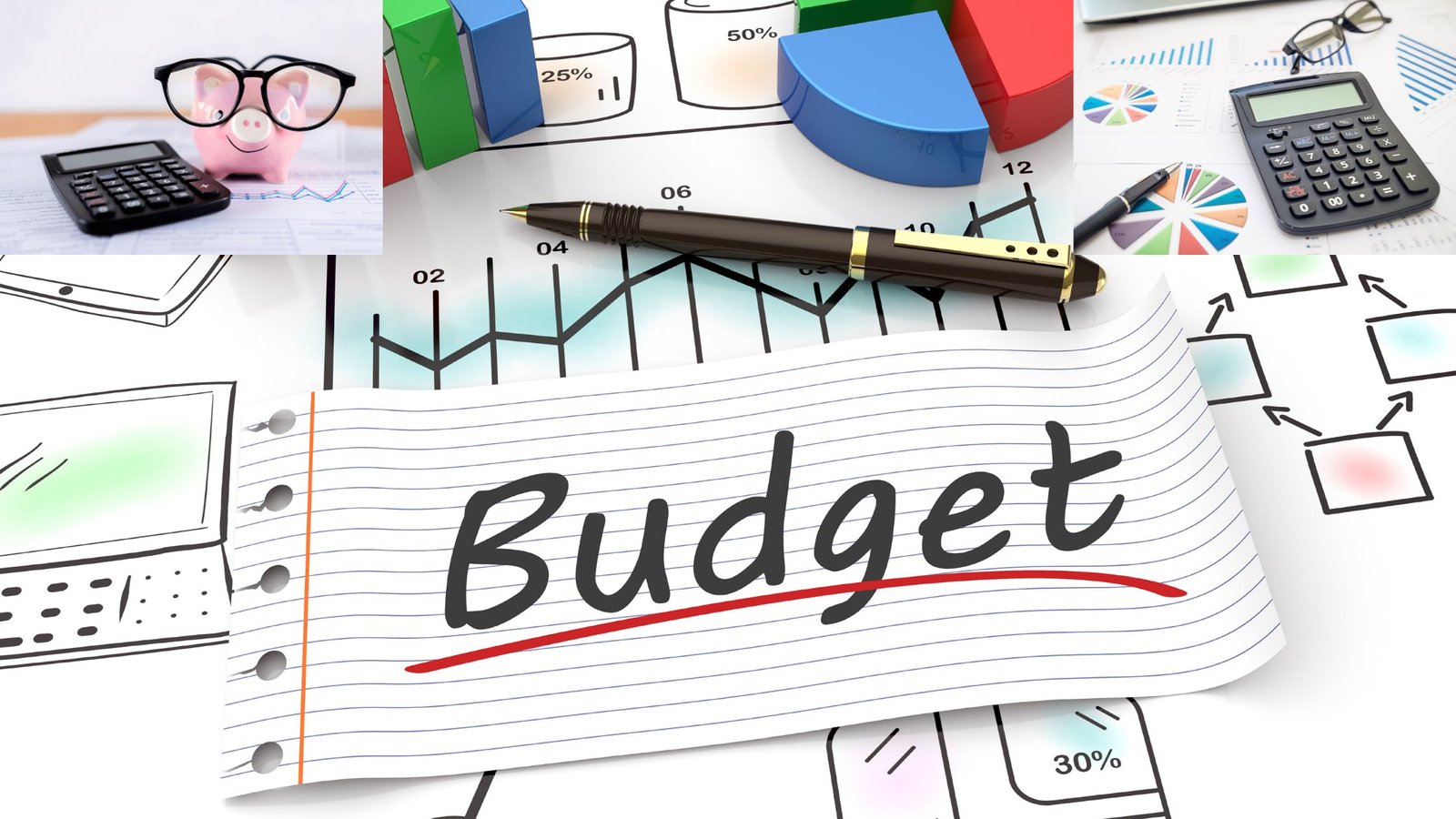
A budget is a comprehensive financial plan that details your anticipated income and expenditures over a specified period, typically a month. It serves as a strategic guide for managing your finances, ensuring that you allocate funds appropriately for essential needs, savings, and debt repayments.
Creating a budget involves listing all sources of income, such as salaries, investments, or side hustles, and then itemizing all expected expenses, including fixed costs like rent or mortgage payments, utilities, groceries, transportation, and discretionary spending like dining out or entertainment. By comparing your total income against your total expenses, you can identify areas where you may need to cut back or where you can potentially save more.
A well-constructed budget can help you achieve various financial goals, such as building an emergency fund, paying off debt, saving for a down payment on a house, or planning for retirement. It provides clarity on your financial situation, helping you make informed decisions and avoid overspending. Moreover, regularly reviewing and adjusting your budget ensures that you stay on track with your financial objectives and adapt to any changes in your income or expenses.
In essence, a budget is a powerful tool that not only helps you manage your day-to-day finances but also sets the foundation for long-term financial stability and growth. By sticking to a budget, you can reduce financial stress, gain control over your money, and work towards a secure financial future.
4o



